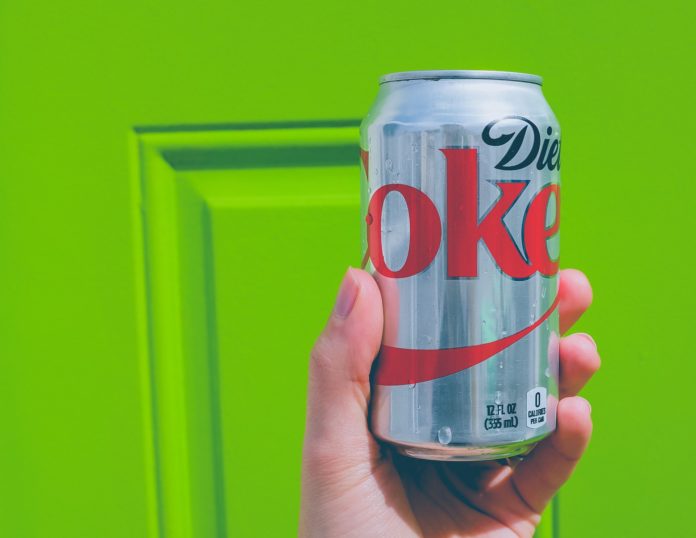If you’re looking for a sugar-free substitute for Coca-Cola, you might be confused with the offering of Diet Coke and Coke Zero Sugar (Coca-Cola Zero Sugar). They’re both marketed as a sugar-free alternative to the original drink, so are they one and the same? Well, it turns out that they are not.
The Key Difference
According to Coca-Cola’s official website, both Diet Coke and Coke Zero Sugar contain no sugar and no calories but have one key difference: the taste.
Compared to Coca-Cola, Diet Coke comes with a “different blend of flavors” and has a lighter taste. The drink was introduced for the first time in 1982 and became one of the best-selling soft drinks in the world.
Coke Zero Sugar, on the other hand, is created to be more similar to the original Coca-Cola. It came to the market in 2005 as Coke Zero before being rebranded Coke Zero Sugar in 2017.
The Ingredients
Different taste calls for different ingredients. As HuffPost points out, Diet Coke and Coke Zero Sugar share a number of the same ingredients, including carbonated water, caramel color, aspartame, phosphoric acid, potassium benzoate, and caffeine. However, Diet Coke has citric acid on its list of ingredients, while Coke Zero Sugar has potassium citrate and acesulfame potassium instead.
There is also a difference in the levels of some ingredients. For example, Diet Coke has 12.8 milligrams of caffeine per 100 milliliters while Coke Zero Sugar has 9.6 of milligrams per 100 milliliters, with the latter being more in line with the original Coca-Cola.






